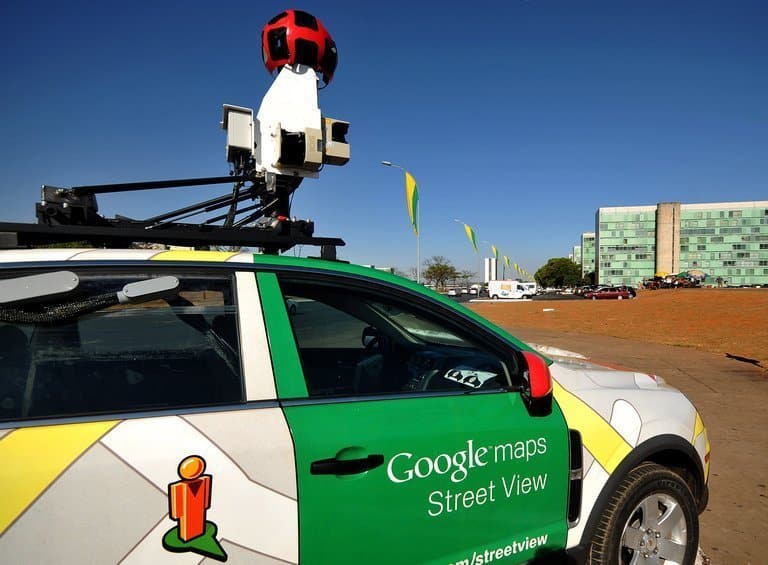Google Street View is a technology featured in Google Maps and Google Earth that provides panoramic views from positions along many streets in the world. In some country, Google’s Street View is much popular. But the very interesting thing is Brazil has ordered Google to hand over the Street View data that it has collected within the country till now.
Google has equipped its cars with cameras and antennas to take photos of streets and houses, which are later posted to a feature in its maps program called Street View. The photos are pieced together online to create a map that a person on a street would see. Although many people have admired this service, but Brazilian Institute of Computer Policy and Rights (IBDI) has complained that Google’s Street View car-borne software can access private wi-fi networks and intercept personal data and electronic communications. That’s not all. IBDI blamed Google citing that the search giant had even collected data while IBDI was not used “in its products and services. On the contrary, Google has mentioned regarding this blame that it had already removed the data collection software from its vehicles at then.
On the other side, Brazil has not forgotten the acts of NSA revealed by Edward Snowden. Brazil knows that NSA has hacked email account of former Mexican president Felipe Calderon and intruded into UN communications by hacking and violated international law and can spy upon people by snooping their phone calls. So, there’s a chance that NSA can collect all the data sent by fiber optic cable between Google and Yahoo data hubs.
Considering the above facts, Brazilian judges have given time to Google until next Saturday to turn over private data collected through its Street View program. And if the company fails to do so as instructed, the company may have to face a daily fine of between $50,000 to $500,000.
Google mentioned that its software can intercept signals from open wi-fi networks. The company also told the court that it used to collect data in several countries some time ago, but now it no longer does that. Google also said it had been in contact with authorities of countries where these incidents occurred, but in the case of Brazil, there was no relevant legislation nor a regulatory body.
However, we are eagerly waiting to see how it ends. Stay with us to know the ending of this chapter.
Source: France 24
[ttjad keyword=”android-phone”]




